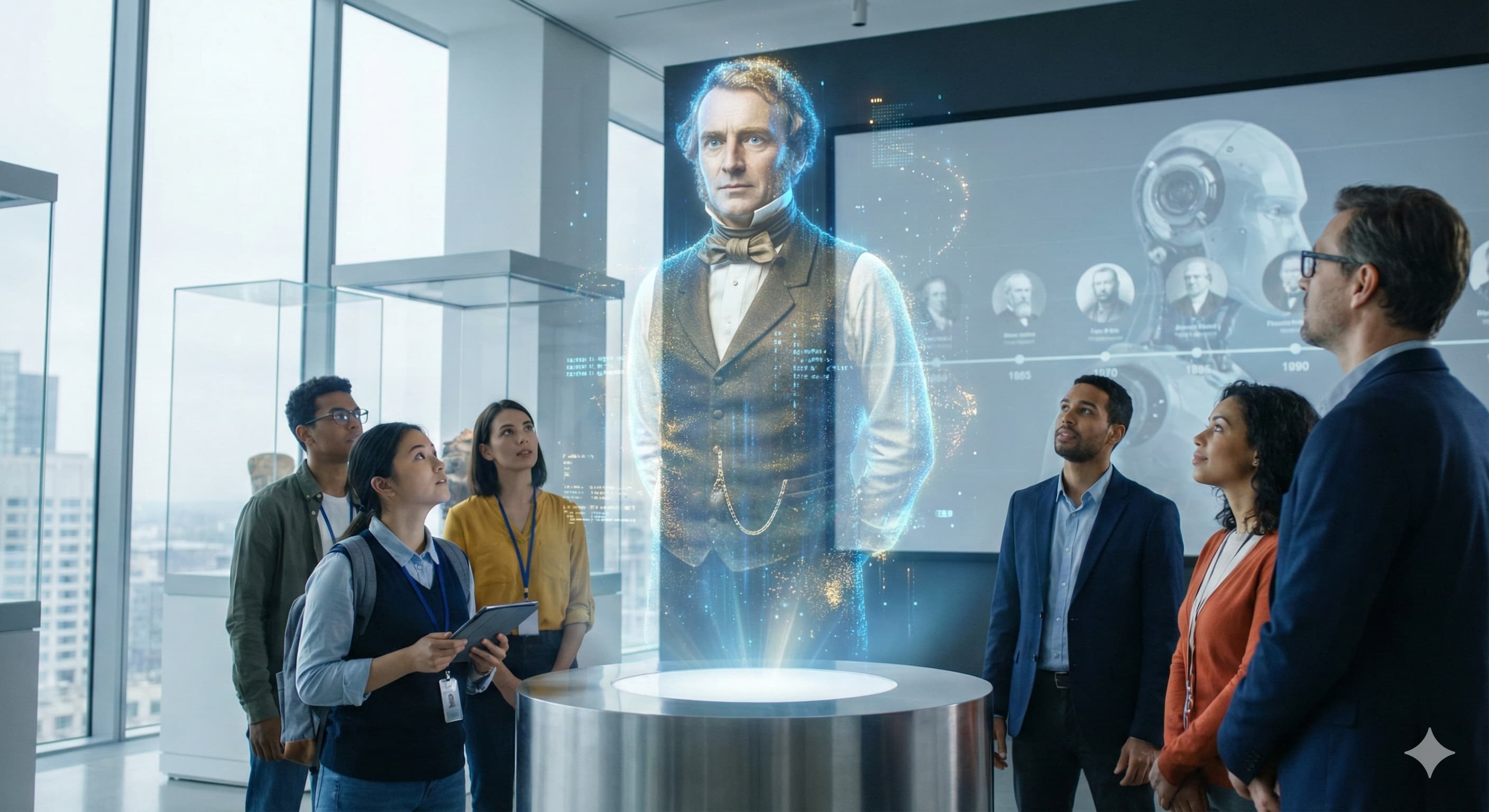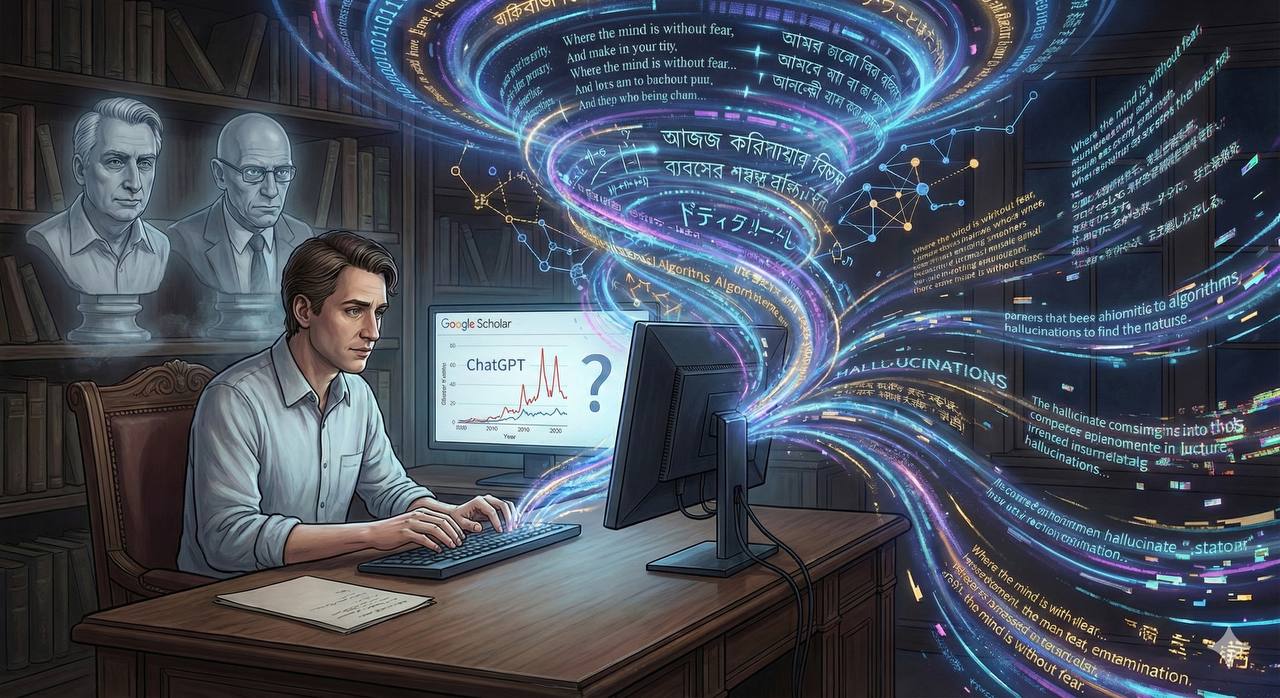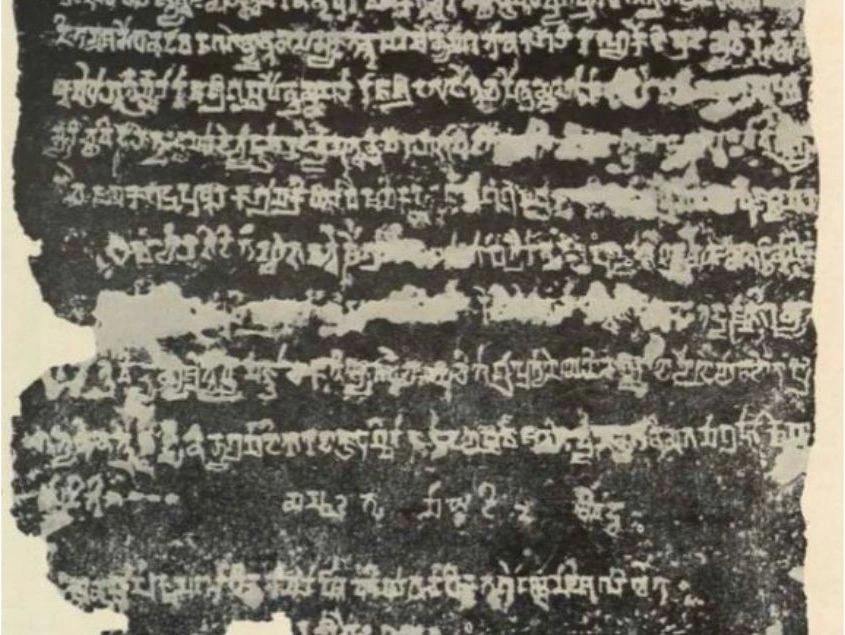Predicting the Past: Harnessing Event Prediction Techniques for Historical Research
In an era fuelled by the might of big data, the question arises: can the blossoming field of event prediction enrich the realm of historical research? Delving into this interdisciplinary area, while recognizing its inherent complexities and potential setbacks, could be a stride towards constructing a higher quality historical timeline.
The Unfolding Era of Event Prediction: Challenges and Triumphs
In the enlightening work, "Event Prediction in the Big Data Era: A Systematic Survey” [1], Dr. Liang Zhao from Emory University's Department of Computer Science offers an in-depth exploration of the rapidly expanding field of event prediction.
Event prediction, which involves forecasting future events, is crucial across various sectors like healthcare, business, and disaster management. It aids in maximizing benefits and curtailing losses. Traditionally, event prediction was challenging due to the limited knowledge of causal factors. However, the era of big data in historical research has brought forth innovative methods based on historical patterns, using tools from machine learning, statistics, and other computational models.
The rapid expansion in this field, facilitated by advances in AI, sensing techniques, and high-performance computing, presents unique challenges. These include dealing with heterogeneous multi-output predictions, comprehending intricate dependencies among predictive outputs, managing a continual stream of prediction tasks, and addressing challenges imposed by big data, such as data noisiness, heterogeneity, and imbalance between positive and negative data samples.
Despite extensive research to tackle these issues, event prediction methodologies are still emerging and are often confined to specific domains. The absence of cross-referencing across different application domains and standardized evaluation metrics and procedures makes it challenging to evaluate and compare methodologies. Dr. Liang Zhao’s survey endeavors to systematically categorize and summarize existing techniques and application domains, standardize evaluation metrics and procedures, and discuss the current status and future trends of event prediction in the big data era.
Rewriting the Past: Potential of Event Prediction in Historical Research
But is it plausible to consider leveraging big-data driven, AI-assisted event prediction techniques for historical research? Quite likely. Just as future events exhibit multilayered complexity, so do historical ones. Consequently, methodologies devised for predicting future occurrences could assist in deciphering past events.
Historical narratives, much like real-time predictions, are not static but evolve as new evidence emerges or fresh perspectives are adopted. Also, the diversity and noise common in event data are mirrored in historical records, from written accounts to archaeological finds. As with prediction data, the experiences of common individuals or marginalized communities can often be underrepresented in historical records.
Incorporating event prediction methodologies into historical research could significantly transform the field, aiding historians in crafting a more comprehensive and nuanced narrative of our past. This interdisciplinary approach has the potential to redefine our understanding of history, driving progress and opening up new paths for scholarly exploration.
[1] Liang Zhao. 2021. Event Prediction in the Big Data Era: A Systematic Survey. ACM Comput. Surv. 54, 5, Article 94 (June 2022), 37 pages. https://doi.org/10.1145/3450287









